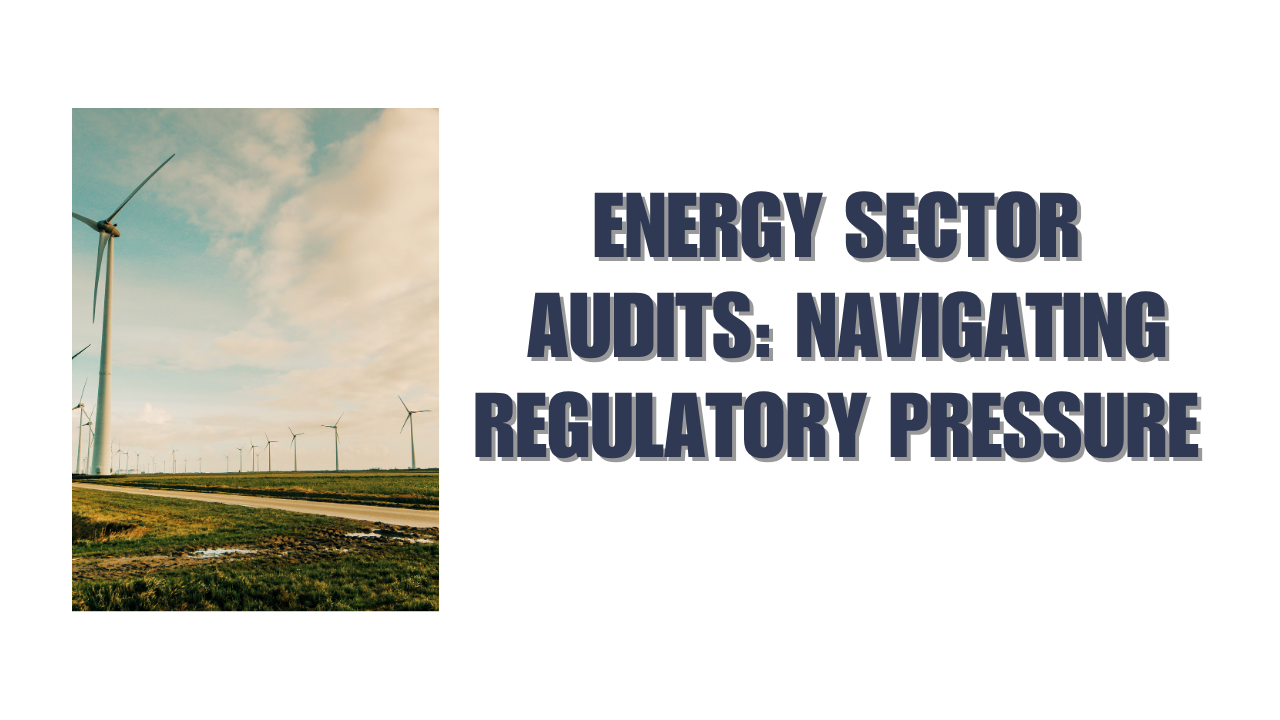Audit reporting has long been associated with checklists, compliance boxes, and standardized templates. While these methods have ensured regulatory adherence and operational accountability, the landscape of audit reporting is evolving rapidly. Modern organizations demand reports that are not only accurate but also strategic, insightful, and forward-looking.
At Aurora Financials, we focus on how audit reporting is moving beyond traditional checklists to provide real business value, drive operational efficiency, and enhance decision-making. Understanding these trends is key for organizations looking to leverage audits as a strategic tool.
The Shift from Compliance to Strategic Insight
Traditional audits often focus on ensuring compliance with financial, operational, or regulatory requirements. While compliance remains essential, organizations increasingly view audit reporting as a means to achieve broader strategic goals.
Modern audit reports now emphasize:
- Data-Driven Insights: Using analytics to identify trends, anomalies, and opportunities.
- Risk-Focused Reporting: Highlighting not just compliance gaps but potential operational, financial, and reputational risks.
- Actionable Recommendations: Presenting findings in ways that management can implement directly to improve efficiency and decision-making.
This shift transforms audit reports from static checklists into dynamic tools that drive organizational growth.
Key Trends Shaping the Future of Audit Reporting
Several trends are redefining audit reporting and influencing how organizations interpret and act on audit findings:
1. Real-Time Auditing and Continuous Monitoring
Advances in technology allow auditors to access real-time financial and operational data. Continuous monitoring reduces reliance on periodic audits and enables immediate detection of anomalies or compliance breaches. Organizations benefit from proactive risk management rather than reactive fixes.
2. Integration of Advanced Analytics and AI
Data analytics and artificial intelligence are becoming integral to audit processes. Predictive models can identify potential risks before they materialize, while AI-driven analytics can highlight patterns that traditional audits may overlook. This allows audit reports to provide deeper, more strategic insights.
3. Focus on Operational and Strategic Risks
Future audit reporting extends beyond financial compliance to include operational, cybersecurity, and reputational risks. By integrating these areas into reports, organizations gain a holistic view of their risk landscape, enabling more informed decision-making.
4. Enhanced Visualization and Storytelling
Modern audit reports increasingly leverage visual tools such as dashboards, charts, and heat maps. Clear visual representation of findings helps management quickly understand the significance of issues and supports better prioritization of resources and actions.
5. Emphasis on Implementation and Follow-Up
Audit reports are no longer complete without tracking the implementation of recommendations. Technology-enabled tracking tools ensure that corrective actions are assigned, monitored, and measured, creating accountability and enhancing the value of the audit process.
Benefits of Moving Beyond Checklists
Organizations that adopt these trends experience multiple advantages:
- Proactive Risk Management: Early identification of potential issues reduces financial, operational, and compliance risks.
- Operational Efficiency: Insights from audits help streamline processes, optimize resource allocation, and achieve audit cost savings.
- Informed Strategic Decisions: Data-driven audit findings provide actionable intelligence for management and boards.
- Improved Stakeholder Confidence: Transparent and insightful reporting strengthens trust with investors, regulators, and partners.
Challenges in Modernizing Audit Reporting
While the benefits are clear, transitioning from traditional checklist-based audits to strategic reporting involves several challenges:
- Data Complexity: Accessing, integrating, and analyzing large volumes of operational and financial data can be difficult.
- Skill Gaps: Audit teams need advanced analytical, technological, and strategic skills.
- Change Management: Shifting organizational culture to value insights over mere compliance requires leadership support.
- Technology Investment: Implementing continuous monitoring and advanced analytics requires upfront investment in tools and training.
Aurora Financials helps organizations navigate these challenges by combining audit expertise with technology and process guidance to deliver actionable, strategic reports.
Leveraging Technology for Future-Ready Audit Reporting
Modern audit reporting relies heavily on technological innovation:
- Continuous Monitoring Platforms: Automate risk detection and reporting.
- AI and Machine Learning: Predict trends, anomalies, and potential compliance breaches.
- Data Analytics Tools: Transform raw data into actionable insights.
- Interactive Dashboards: Enable leadership to quickly visualize findings and track implementation of recommendations.
Integrating technology enhances accuracy, reduces manual effort, and makes audit reports more valuable to decision-makers.
The Strategic Role of Audit Reports
As audit reporting evolves, organizations are realizing its potential as a strategic tool:
- Driving Cost Savings: Audit insights reveal inefficiencies and areas for operational optimization.
- Supporting Governance: Boards and executives gain confidence in decision-making with clear, data-backed reports.
- Enabling Future Planning: Risk trends and predictive analytics inform long-term strategy and investments.
- Strengthening Compliance: Proactive reporting reduces regulatory exposure and avoids penalties.
Conclusion
Audit reporting is moving beyond traditional checklists to become a strategic driver of business performance. By leveraging technology, data analytics, and a focus on risk and actionable recommendations, audit reports provide insights that support informed decision-making, operational efficiency, and regulatory compliance.
Organizations that embrace these trends can achieve measurable audit cost savings, enhance risk management, and turn audit processes into strategic assets rather than compliance obligations.
If your organization wants to modernize audit reporting, extract actionable insights, and maximize the value of your audits, Aurora Financials provides expert guidance to deliver strategic, technology-driven audit reports.
Contact Aurora Financials today to learn how we can help transform your audit reporting into a proactive, insight-driven tool that drives business value and supports strategic decision-making.






